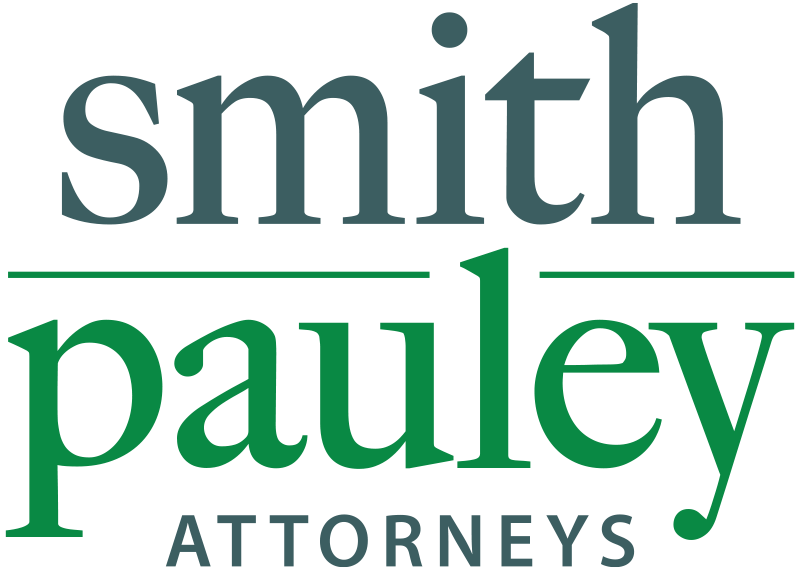Contract Provisions Addressing Tariff Price Impacts
By Andrew Huber, Partner, Smith Pauley LLP
Given the potential for future tariffs, it is essential to review your current Engineering, Procurement, and Construction (EPC) contracts to determine who bears the associated costs and to proactively plan for how future contracts might be impacted.
I. Who Bears the Cost of Price Fluctuations?
Most contracts in Engineering, Procurement, and Construction (EPC) are lump sum (fixed price) contracts. This means that the contractor bears the risk of price fluctuations, including tariffs, unless otherwise specified in an explicit clause addressing tariff-related adjustments. If no such clause exists, a formal change order is usually required to increase the contract price.
II. Which Party Bears the Cost Flowing from a Change in the Law?
EPC contracts typically provide that the project company (the owner of the project) bears the risk of any changes in law that may affect the EPC contractor’s performance and the costs of the project. This is subject to two exceptions: (1) changes in tax laws that affect the contractor’s profits and losses, and (2) changes in law of which the parties are aware at the time the EPC contract is signed, even if not fully implemented. In sum, tariffs that the parties are aware of at the time of signing do not fit the definition of “change in law.” This means the contractor will bear the risk if they are aware of the possibility of tariffs at the time the contract is signed, absent any language to the contrary.
In projects currently underway, it is possible that the parties would not have anticipated the proposed tariffs at the time of signing. This could be a valuable way to circumvent bearing the cost of tariffs if you are the contractor. The change in law must adversely affect the EPC contractor's cost of performance, ability to perform the work according to the agreed schedule, or ability to perform a material obligation under the EPC contract.
III. Other Key Provisions
If there is no “change in law” provision in the contract, look for “price escalation” or “force majeure” provisions. A price escalation clause allows increases due to specific changes in economic conditions, such as inflation or material shortages. A tariff may qualify as an economic condition under the price escalation clause, depending on the language.
Bringing a change order under a “force majeure” provision is your “Hail Mary.” A force majeure provision is unexpected and outside the contractor’s control, and usually includes acts of God, war, and national emergencies. Some contract definitions include “government order or law.” Assuming a party could show the event prohibited them from a good faith effort at completing the contract according to price, they may be able to submit a change order on this basis. The “government order or law” provision is usually reserved for laws that effectively end construction of something altogether, like the COVID-19 pandemic. Be wary that this provision is a shaky foundation for tariffs but may work depending on the contract’s definition.
IV. Summary of Steps
Concerned parties should review the contract terms, checking for any specific clauses related to tariffs, price escalation, force majeure, or changes in law. If the contract lacks provisions allowing automatic adjustments for tariffs, a party may need to submit a formal change order request, providing evidence of the tariff impact on material costs.
If the contract has price escalation, force majeure, or change in law provisions, these can form the basis for a change order to be implemented. It is important to note that the change order is subject to the client’s approval, so tariffs should be negotiated into the bid when possible to avoid an unnecessary stall in construction or production.
Andrew is a partner with Smith Pauley. Andrew develops and implements estate and business plans that are customized for clients at all levels of wealth and stages of life using an interdisciplinary approach. Andrew focuses on traditional estate plans (e.g. wills, trusts and powers of attorney) to more complex estate planning techniques such as wealth transfer planning, asset protection planning, and closely-held business succession planning. He listens and learns about his client’s personal goals and assets to incorporate their wishes into an individualized plan that is both comprehensive and flexible. Additionally, Andrew counsels clients through the estate and trust administration process.
In his corporate practice, Andrew provides strategic advice throughout the entire “life cycle” of the client’s business. He regularly advises clients regarding planning decisions such as business entity formation, corporate governance issues, stock sales, asset sales and mergers and acquisitions.

